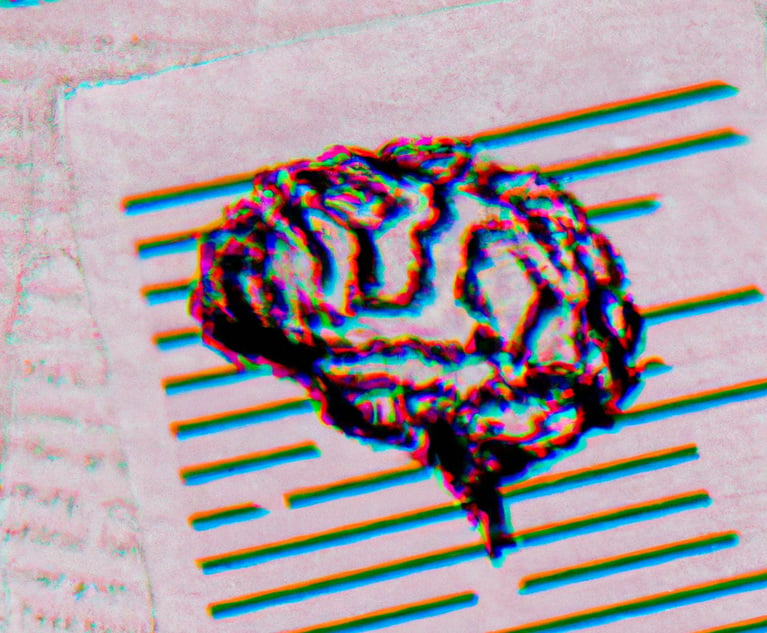



Justin Henry|March 08, 2023
“We can't just be focused on events and activities, and we can’t just be focused on changing hearts and minds," said Alexis Robertson, director of diversity, equity and inclusion at Foley & Lardner. "It has to be more of a systems-focused approach.”
6 minute read


Presented by BigVoodoo
General Counsel Summit is the premier event for in-house counsel, hosting esteemed legal minds from all sectors of the economy.
Join General Counsel and Senior Legal Leaders at the Premier Forum Designed For and by General Counsel from Fortune 1000 Companies
WIPL is the original global forum facilitating women-to-women exchange on leadership and legal issues.
Atlanta s John Marshall Law School is seeking to hire one or more full-time, visiting Legal WritingInstructors to teach Legal Research, Anal...
Lower Manhattan firm seeks a premises liability litigator (i.e., depositions, SJ motions, and/or trials) with at least 3-6 years of experien...
At NJM, a top-rated insurance company, we are seeking an Attorney on our Workers Compensation legal team with between 3 and 5 years of expe...
MELICK & PORTER, LLP PROMOTES CONNECTICUT PARTNERS HOLLY ROGERS, STEVEN BANKS, and ALEXANDER AHRENS